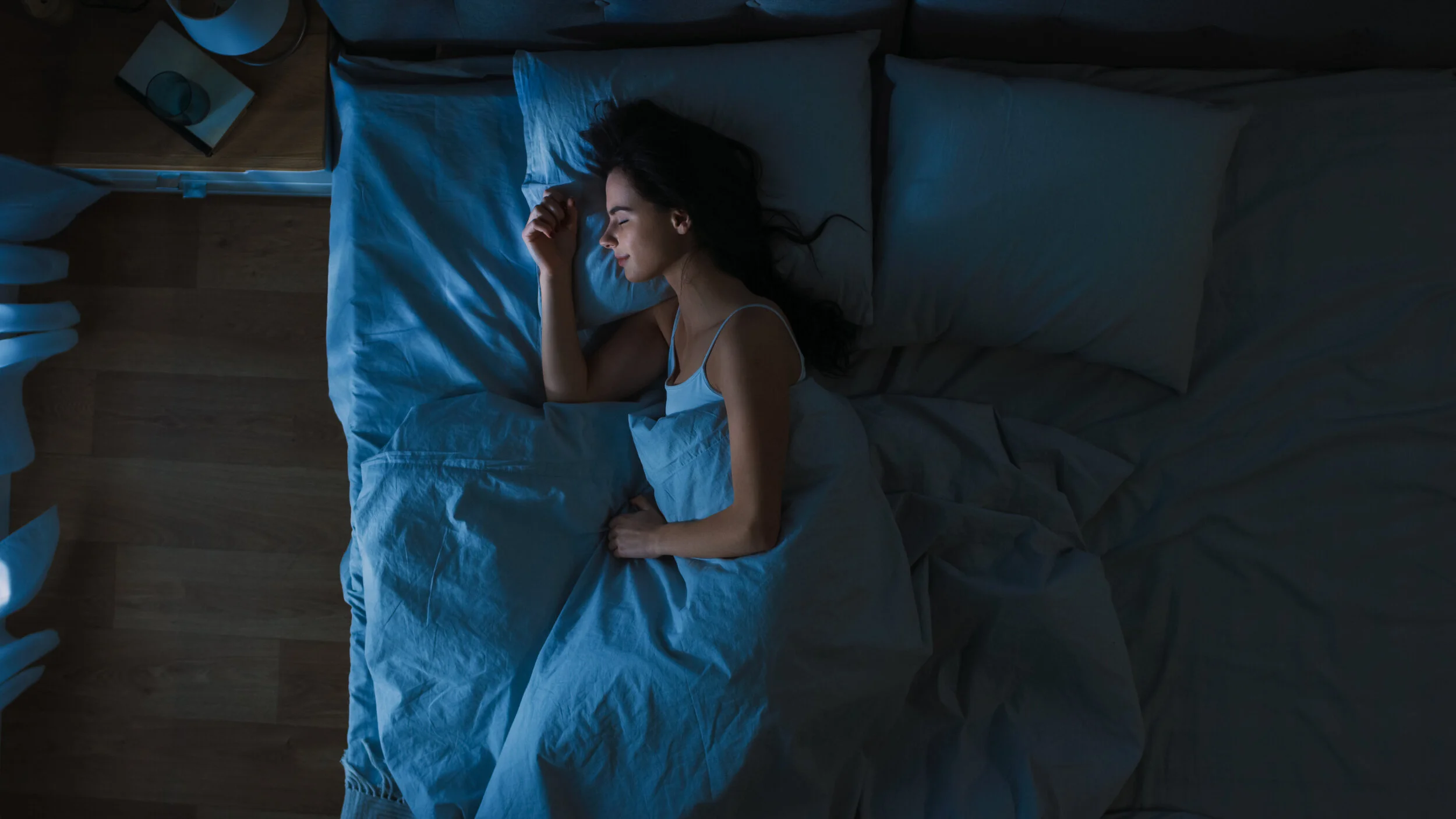Science won’t help us find the right bed
For something we use every single day but only replace every 6 to 7 years, something that can cause your body discomfort and pain if it's worn out or broken, something that directly affects our quality of sleep and in turn, our immune system, brain, metabolism, blood pressure, there is a surprising lack of impartial scientific information on mattresses and beds.
In western society, our definition of a bed is relatively narrow: a mattress, usually on top of a bed frame or divan base, fitted sheets, pillows and duvets. But around the world, people catch their zzzz's on a wide range of surfaces, from hammocks to bamboo mats, to rope and wooden frames, and even grass.
Considering two thirds (67%) of us in the UK suffer from disrupted sleep and nearly a quarter (23%) manage no more than five hours a night, it's tough to say for sure if our cosy mattresses are truly preferable to these simpler setups. Perhaps we'd be better off sleeping on the ground? How can we truly know what kind of sleeping surface is best for our health, our backs, and our minds? What does science have to say when it comes to beds?
Turns out, thanks to the fact that the mattress industry dominates and controls much of the research, science doesn't have a whole lot to say on the matter. The academic community has kind of felt that it's a business issue and not something they should be engaging in. Since research showing the health benefits of any particular mattress could improve sales for that mattress and completely change the industry, a lot of research funding committees just steer clear of the whole question.
Which leaves a gaping hole in the science of sleep.
Instead, studies funded by mattress companies themselves are published and circulated, which lead to questionable results and every company claiming their mattress is the best. And if you look at those studies they're typically based on just one or two mattresses, and the conclusion might be 'most people slept better on a medium-firm mattress', but there's no standard definition for medium-firm. It's like saying 'some subjects took a little bit of aspirin and some took a lot of aspirin.' It's not replicable, and so it's not a sound basis to pick your mattress on.
Then we're forced to rely on customer reviews and awards from "expert" consumer publications; which are massively subjective or even questionable.
Customer reviews are generally optimistic and rose-tinted; any new mattress will initially feel great after sleeping on the same old worn-out mattress every day for the last seven years. In the same way, a brand new car feels like it's floating on the road compared to our existing well-used vehicle.
Expert reviews and articles are rarely, if ever, impartial - mattress companies pay commission to respectable newspaper and magazine publications to publish "best mattresses of 2020" articles and promote their mattress. In the same vein, mattress companies have to pay Which? Magazine up to £16,000 per year to use a Which? Best Buy logo; where a £199 occasional-use mattress is given the same award as a £900 premium mattress. Many other publications operate the same business model.
The most important thing when it comes to finding the right mattress is to understand that nobody sleeps the same. Not even identical twins. And that's why not having a choice of mattress is not a good thing... whatever any modern mattress company tells you. Nobody can recommend or sell you a mattress without knowing who you are as a person.
A rare almost-independent study surveyed 128 healthy people who had no sleep disorders and had them each sleep on seven unidentified mattresses, each with a different firmness level, for one month at a time. In the study, a sleeper's "best" bed was determined through actigraph measurements of their sleep during the night (the less movement, the better sleep) as well as self-reports of factors like their pain and energy levels the next day, and the number of times they awoke in the night.
The researchers found that the "best" bed varied massively between individuals—each mattress was the "best" for at least 12% of the participants, and no single mattress was "best" for more than 16% of participants. And the difference between a sleeper's "best" and "worst" mattress was statistically significant: test subjects felt more rested, less pain, moved less and woke up less frequently during the night, when on the mattress best suited to them out of the seven.
Prior to the mattress tests, the researchers also had the test subjects choose which mattress they wanted to try first in a showroom-like setting. They each spent a few minutes lying on the beds and pushing on them, exactly like we do when we go mattress shopping. The researchers found the test subjects did not choose the mattress that ended up being their individual "best bed," suggesting our current methods for bed-buying is not very effective.
This wasn't definitive research, of course. It's obvious to any of us that if you slept on a cold rock on the ground that you won't sleep as well as if you slept on something vaguely like a mattress. It seems like it's an obvious thing, but it's never been independently studied.
Which is a shame, because if we had a better understanding of how mattresses impacted our sleep, people could make more informed decisions about picking the best surface for their individual needs and get a better night's kip. And it would be far easier to find the right mattress.
And at the end of the day, don't forget, sometimes it's not the mattress. It could be your environment.
If you took 100 people with a sleep problem, it's more likely that dealing with things like light, temperature, noise, and bedding would probably solve around 30% of those problems.
Or it could be you…..


